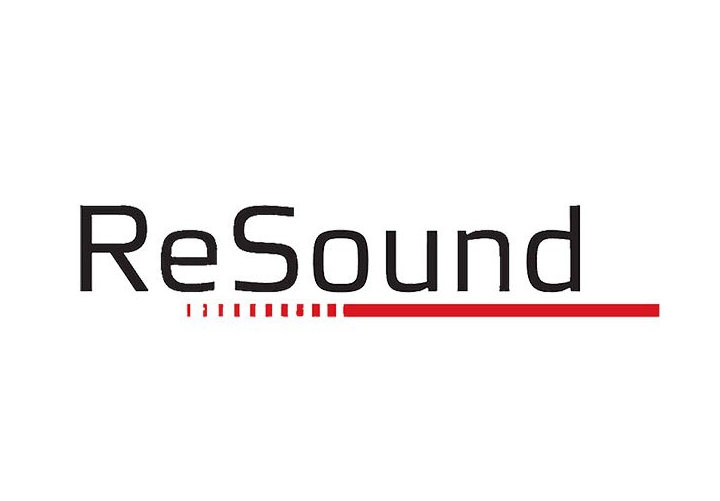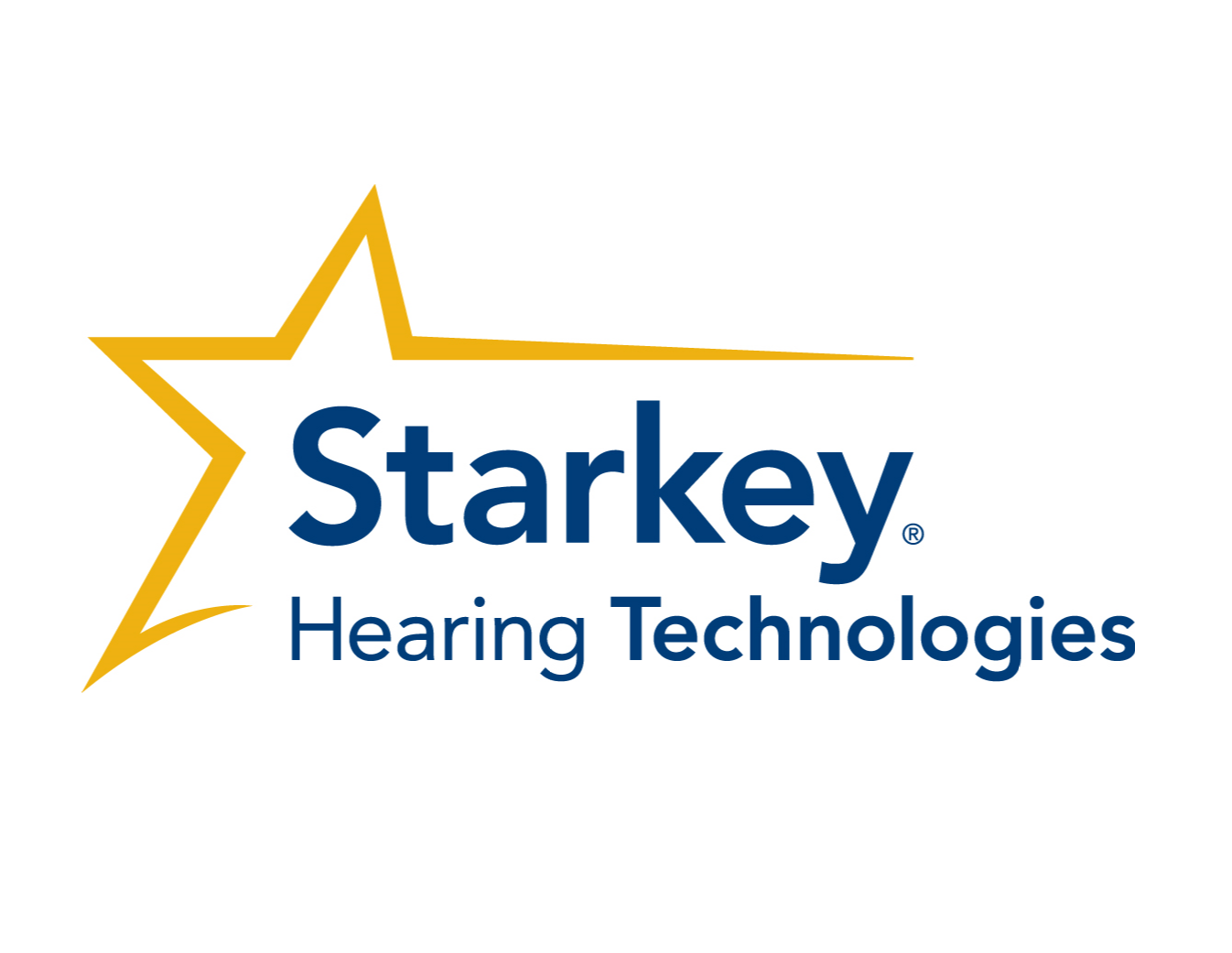Questions and Answers About Hearing Aids and Hearing Loss
- Free Demos and Consultations
- State-of-the-Art Technologies
- Batteries: Buy 1 Get 1 FREE
Free Demos and Consultations
State-of-the-Art Technologies
Batteries: Buy 1 Get 1 FREE
Helpful FAQs
We hope you find these frequently asked questions and answers helpful. Contact Advantage Hearing Center with any further questions you may have or to schedule a FREE consultation.







Share On: